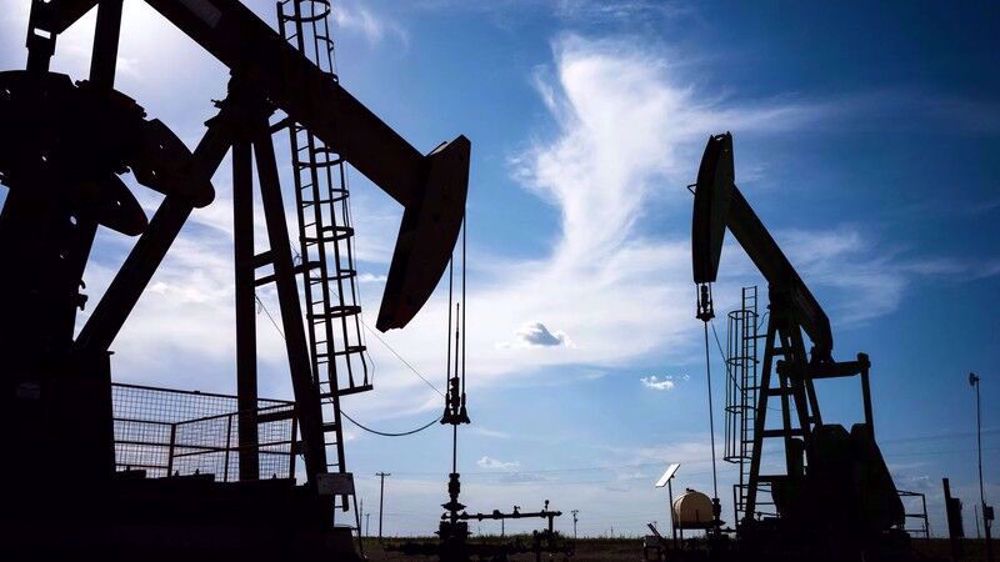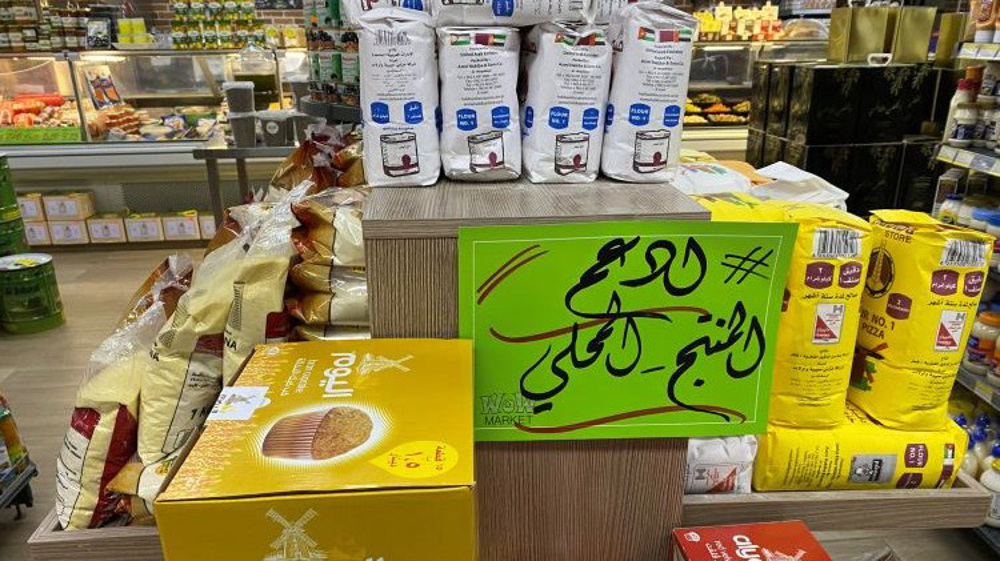Iraq awards deal to BP to study Kirkuk oil fields
Iraq has signed a basic agreement with energy giant British Petroleum (BP) to study the potentials of increasing oil production in fields located in the country’s northern Kirkuk province.
"Oil Minister Jabbar Luaibi signed the agreement with BP in the office the state-run North Oil Company," Russia’s Sputnik news agency quoted an official from Iraq’s Oil Ministry as saying.
The official added that the agreement had been signed over the past few weeks after Iraq invited companies to bid for a project to construct a new branch of an oil pipeline from Kirkuk to the Turkish port of Ceyhan.
The oil fields that BP would study are located in an area disputed between the central government in Baghdad and the Kurdistan Regional Government (KRG), Sputnik added in its report.
Activities by oil companies in the same area were disrupted in September after the Kurds voted in favor of independence from Baghdad. The move infuriated the federal government in Baghdad, which dispatched forces to retake the Kirkuk oilfield, which lies outside the KRG-run enclave, from Kurdish control.
After calm was restored to the region, the government of Iraq’s Prime Minister Haidar el-Abadi initiated a series of moves to cement Baghdad’s control over Kirkuk. They included a plan to build a new pipeline to export its crude oil from Kirkuk to Turkey scrapping plans to rehabilitate an existing pipeline that was damaged by Daesh.
The new pipeline would stretch for around 250 kilometers from the city of Baiji in the province of Salaheddine and would span until the Fish-Khabur border area with Turkey before finally reaching the Turkish port of Ceyhan.
Also, figures released by Iraq's State Oil Marketing Organization (SOMO) show that Iraq had increased its daily oil exports by 4.5 percent in November. The information further indicated a recovery of crude oil exports from the country after the recent conflict in Iraqi Kurdistan. The rise specifically came after Iraq signed an agreement with Iran on exports of Iraqi oil from Kirkuk’s oil fields in the amount of 30,000-60,000 barrels per day to Kermanshah refinery in western Iran.
World leaders, states hail ICC arrest warrants against Netanyahu, Gallant
MP: US accountable for possible Israeli 'foolishness' to attack Iraq
VIDEO | Israeli policies strangle Palestinian agriculture, economy
Iran's president offers condolences to Pakistan over terrorist attack
Canada’s Yukon town council at standstill over refusing oath to King Charles
Yemen's Houthi calls for jihad to protect Palestine against Israel
VIDEO | Internal rifts within Israel
Russia launches 'ICBM' for first time against Ukraine: Kiev










 This makes it easy to access the Press TV website
This makes it easy to access the Press TV website